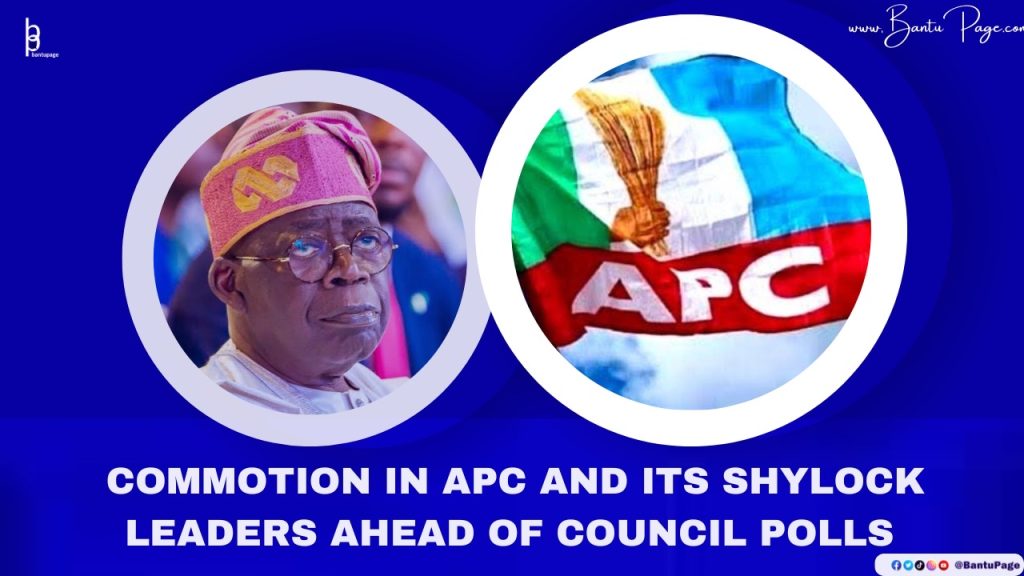
Party crisis has been the order of the day in Nigerian politics. We can trace these crises to their remote and immediate causes.
After the 2023 general election, the party was on the precipice due to a multitude of lingering issues. Members, on the other hand, believe that internal animosities that plagued the Lagos APC during the presidential election on February 25, which resulted in Peter Obi’s victory over Tinubu for the Labour Party and forced the party to fight for victory in the March 18 governorship election, must not fester, especially as the state prepares for the upcoming council elections.
Recall that in 2020, the GAC (Governor’s Advisory Council) disbanded the Justice Forum and Mandate Group, the two major groups within the party, so as to strengthen the unity of the party. Later, the groups were reinstituted. This move created a rift in the party, as some were in concurrence while others kicked against it.
Also, the Lagos State decision to place technocrats over party faithfuls sparked controversy. These faithfuls lamented and questioned why technocrats who are not members of the party and who do not share the party’s ideology or understand the inner workings of the party should be appointed to important offices. This choice of sentiment over technocracy or competence is a tussle among party members. However, a party member disclosed that one of the consequences of this is placing the godfather-godson relationship over working or being a puppet in the hands of the master.
One of the concerns raised is for the president to intervene in the crisis and for fair primaries, as the stakeholders requested.
By Chidimma NWAFOR





